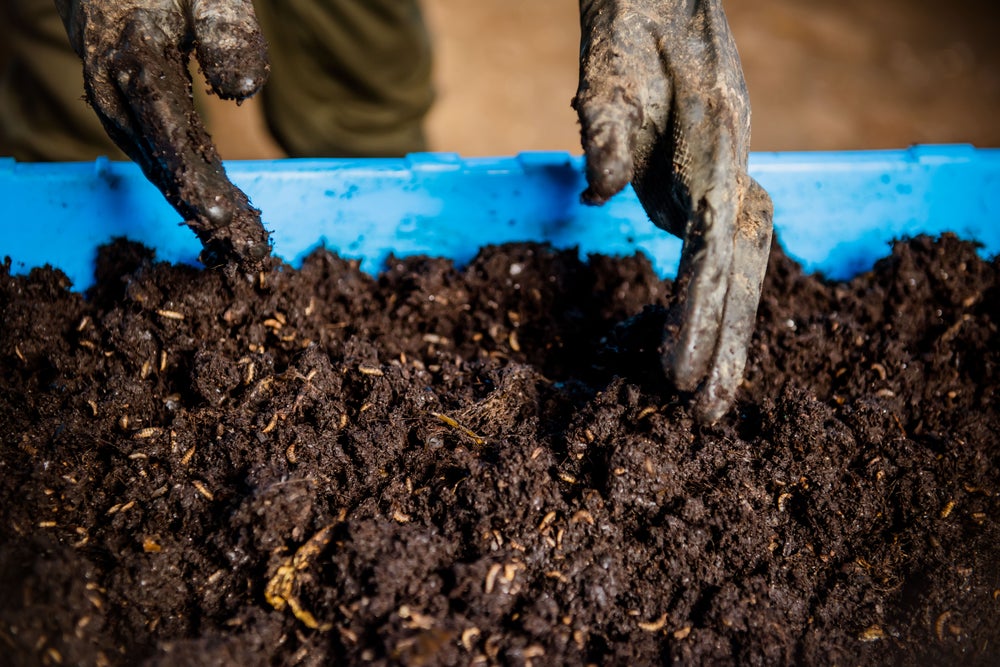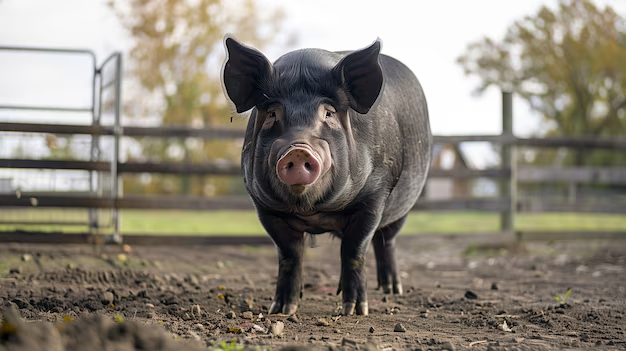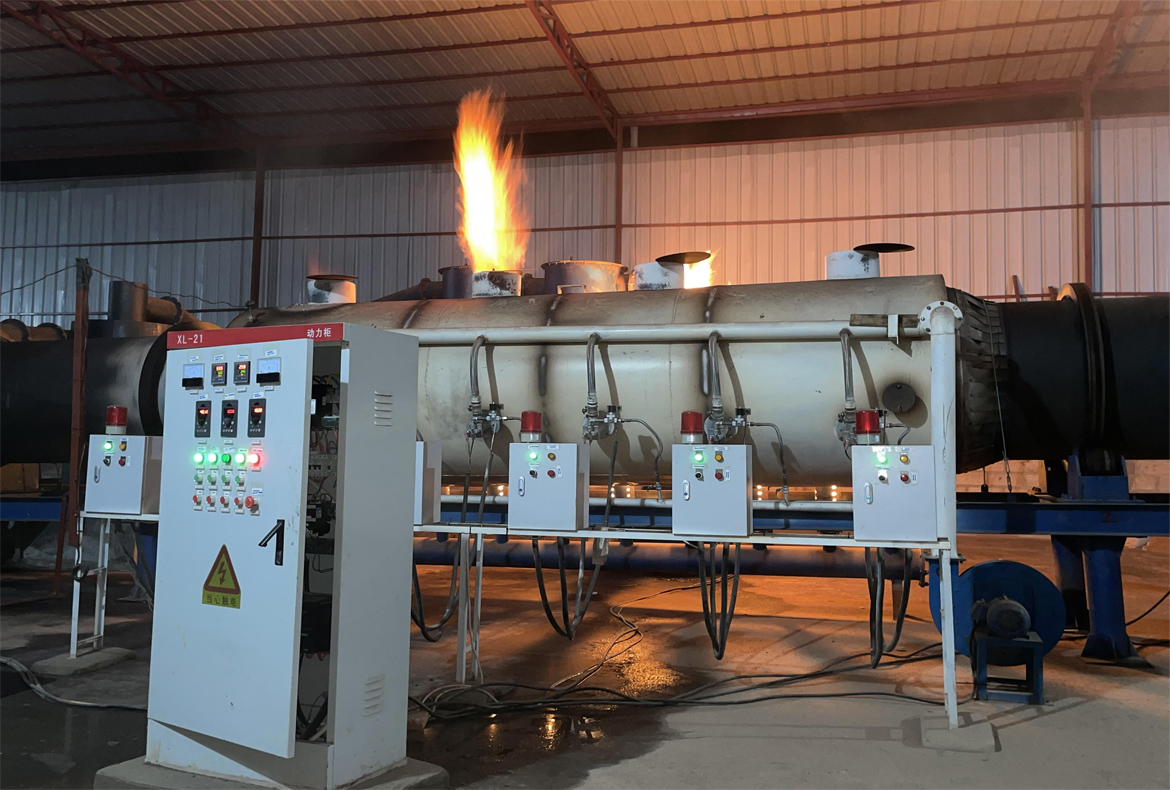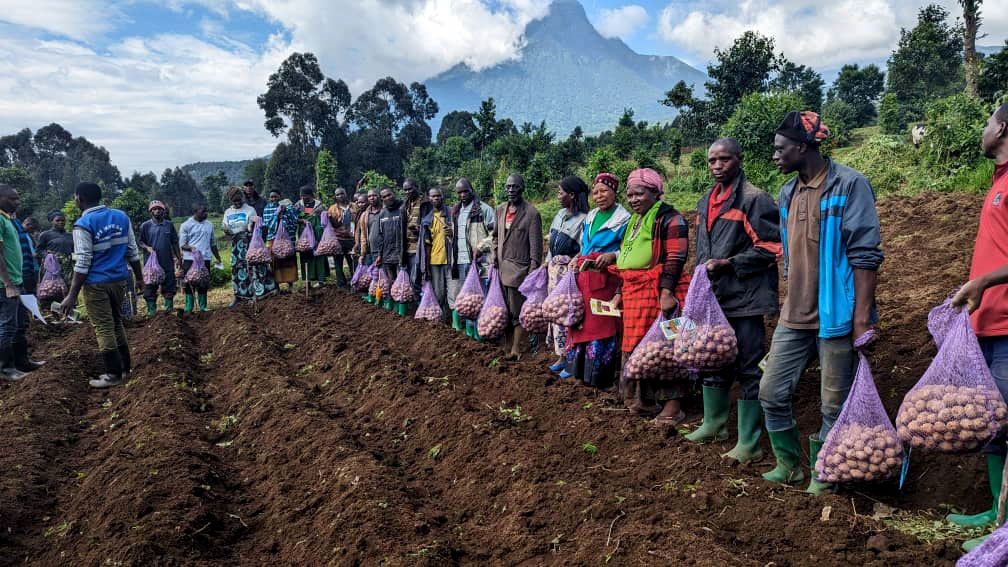Producing Organic Fertilizer

In Rwanda, a land of lush green hills and fertile soils, agriculture is not just an economic activity; it's a way of life.
The Role of Organic Fertilizers in Transforming Rwandan Agriculture
The Rwandan government, along with various organizations, has been working tirelessly to elevate the agricultural practices of local farmers, aiming to boost productivity and sustainability. One of the key strategies in this transformative journey is the use of organic fertilizers.
Organic fertilizers, derived from plant and animal matter, are pivotal in enriching the soil with essential nutrients. Unlike synthetic fertilizers, they improve soil structure, enhance water retention, and encourage biodiversity, leading to healthier crops and ecosystems. In Rwanda, the introduction of organic fertilizers is part of a broader initiative to promote eco-friendly and sustainable agricultural practices.
The main purpose of distributing organic fertilizers to Rwandan farmers is multifaceted. Firstly, it aims to reverse the trend of declining soil fertility, a challenge that has plagued Rwandan agriculture for decades. By replenishing the soil with natural nutrients, organic fertilizers help to restore its vitality and productivity.
Secondly, the use of organic fertilizers aligns with Rwanda's commitment to environmental conservation and climate change mitigation. Organic fertilizers reduce the reliance on chemical inputs, which can be harmful to the environment. They also play a role in carbon sequestration, helping to combat global warming.
Moreover, the promotion of organic fertilizers is part of Rwanda's vision to empower local farmers. By providing them with the knowledge and resources to utilize organic fertilizers effectively, farmers can improve their yields and livelihoods. This empowerment is crucial in a country where a significant portion of the population relies on agriculture for survival.
Organizations like FDA are at the forefront of this movement, advocating for the recycling of organic waste into fertilizers. They conduct training and awareness programs, teaching farmers how to create and use organic fertilizers from household wastes and agricultural residues. Such initiatives not only address waste management issues but also foster a circular economy, where waste is transformed into a valuable resource for agriculture.
The impact of organic fertilizers on Rwandan agriculture is profound. Farmers who have embraced this practice report better crop yields, improved soil health, and a reduction in farming costs. The success stories are a testament to the potential of organic fertilizers to revolutionize agriculture in Rwanda and beyond.
In conclusion, the work surrounding organic fertilizers in Rwanda is a beacon of hope for sustainable agriculture. It showcases the power of natural solutions in addressing modern-day agricultural challenges. As Rwanda continues to distribute organic fertilizers to its farmers, the nation moves closer to achieving its goal of a resilient and prosperous agricultural sector.
For more detailed insights into the effectiveness and efficiency of fertilizer use in Rwanda, you can explore the comprehensive report prepared by WAF LTD. Additionally, to learn about the practical applications and success stories.



